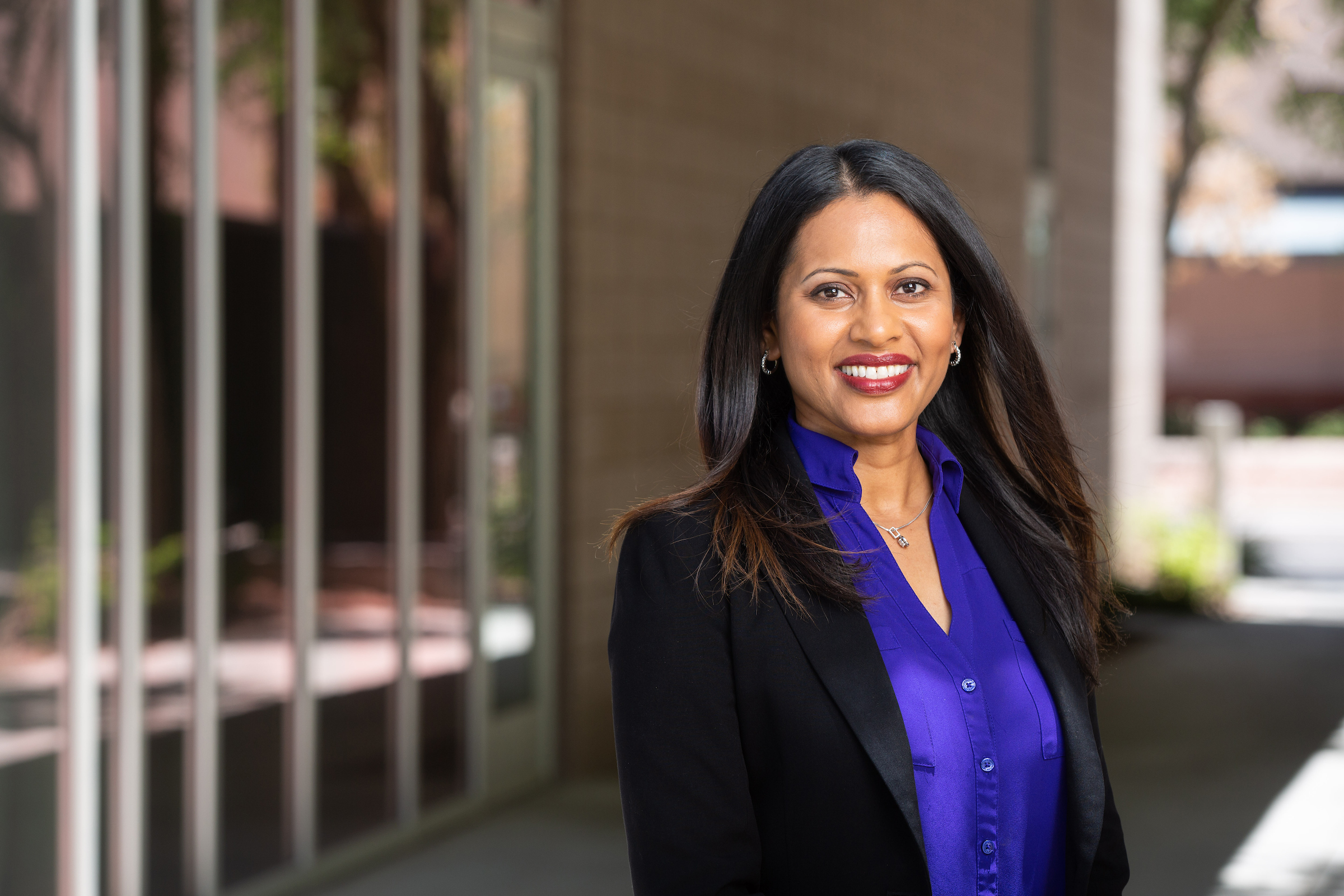Giving underrepresented students more opportunities in STEM
ASU is partner institution in UTEP's BUILDing program, which pairs students with research mentors
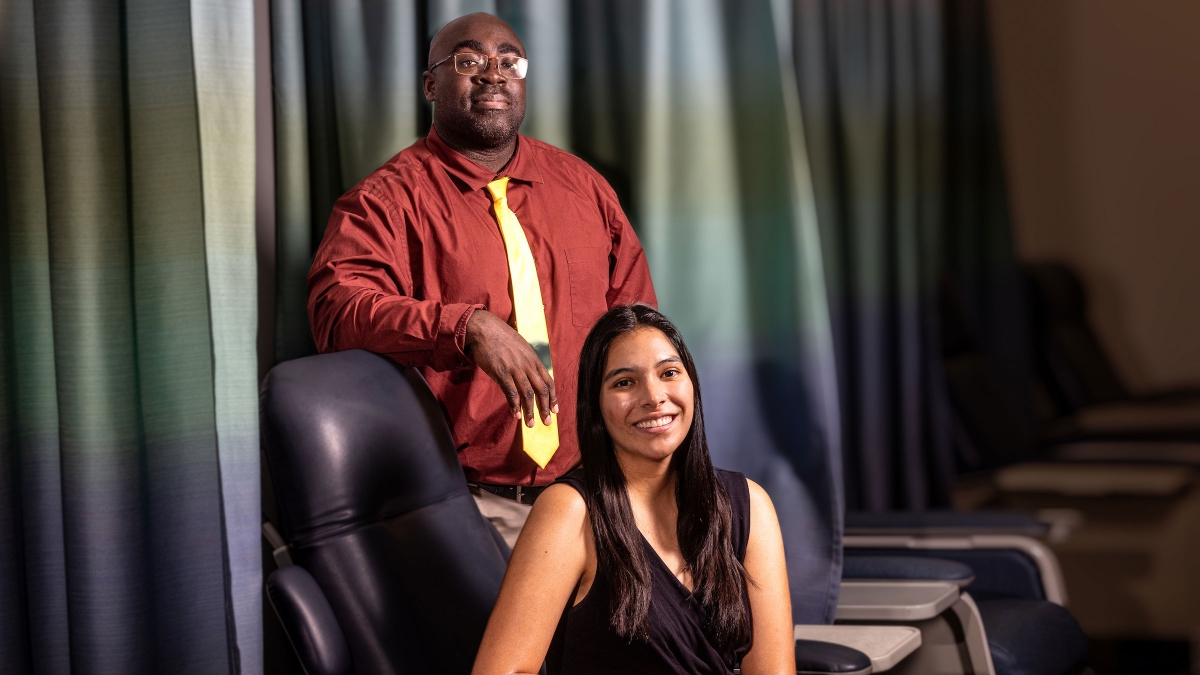
When Edward Ofori was an undergraduate student at the University of Tennessee, he took part in the McNair Scholars Program, which is designed to prepare undergraduate students for doctoral studies through involvement in research.
The program convinced Ofori to go to graduate school, a career path he hadn’t considered previously.
“I felt like it gave me a leg up,” said Ofori, an assistant professor and director of the Pathomechanics and Nueroimaging Laboratory in Arizona State University’s College of Health Solutions.
So, when Ofori was approached to be a mentor for the BUILDing Scholars Program based at the University of Texas El Paso (UTEP), there was no hesitation. He was in.
“It’s only right, now that I’ve gone through the door, to try to reach back and pull other people through the door,” Ofori said.
ASU is a research partner institution in the BUILDing program, which began in 2014 with a $31 million grant from the National Institutes of Health. With summer internships, BUILDing expands research opportunities for undergraduate students from underrepresented backgrounds interested in pursuing advanced careers in science, technology, engineering and mathematics (STEM).
Swapna Reddy, a clinical associate professor in the College of Health Solutions and a principal investigator in BUILDing, said because the program originates from UTEP, the underrepresented minorities in the program are largely Hispanic students. UTEP’s student body is 84% Hispanic.
The need is clear.
According to the Pew Research Center's analysis of federal government data, Hispanic workers make up 17% of total employment across all occupations, but just 8% of all STEM workers.
“If we think about the educational pipeline from day one, we know that many Latinos are disproportionately represented within poverty,” Reddy said. “They’re disproportionately represented with undersourced schooling districts that don’t have the resources to have robust science programs, let alone science research opportunities.
“Sometimes it’s hard to be what you can’t see. We don’t have a lot of Latinos in this country filling these spaces and at these tables. I think sometimes that creates a false narrative that is not a place for Latino students.”
ASU Clinical Associate Professor Swapna Reddy, a principal investigator in the BUILDing program. Photo courtesy ASU
Reddy said ASU has hosted approximately 30 UTEP students since the program began. The students identify a research area they want to focus on during the summer, and ASU submits a list of faculty interested in being part of the program.
“Basically, we kind of go through a match process UTEP helps us with,” Reddy said.
ASU’s involvement with BUILDing doesn’t begin and end each summer. There’s a scholarship component to the program, a peer mentoring aspect and students are expected to pursue master’s and PhD degrees.
“It’s an investment in that student,” Reddy said. “We are providing very high-level research opportunities where the students are deeply embedded, whether it’s within an actual physical research lab or involved with a research team.
“The expectation is they’re not just there, kind of on the side. They’re not just there once a week. They’re there every single day, and they’re highly embedded in whatever that project is.”
This summer, Anamaria Solis, a junior at UTEP majoring in social work, is aiding Ofori in his research on Alzheimer’s disease. She’s performing data analysis, looking at biomarkers in females to see if there’s a correlation with Alzheimer’s and other diseases.
The work lines up with a study she’s conducting on the health of pregnant woman at the border.
“My area of interest is public policy,” Solis said. “Specifically, health policy and women’s health policy. So, this is a really great opportunity for me to get into the science and the research. I think I needed that, as opposed to what I’ve been doing, which has been more quantitative and interview style.
“It fits in well, and it really helps make me a good candidate for graduate school. It kind of gives me security that one of the (graduate) programs are likely going to take me because of BUILDing.”
Reddy said providing that opportunity is why ASU has been involved with the program since its inception.
“The goal is to actually train, mentor and enable research scientists,” Reddy said. “But how the heck do you navigate that process? That’s a whole process in itself. So, the program is really meant to help mentor and navigate the students, and also help ensure they’re successful in getting through many of these really tough STEM-based classes that are hard for anyone to get through.
“And particularly for those students who don’t have the support systems others do.”
Top photo: College of Health Solutions Assistant Professor Edward Orori poses with University of Texas El Paso senior Anamaria Solis on Wednesday, July 12, 2023, at the Arizona Biomedical Collaborative. Photo by Charlie Leight/ASU News
More Science and technology
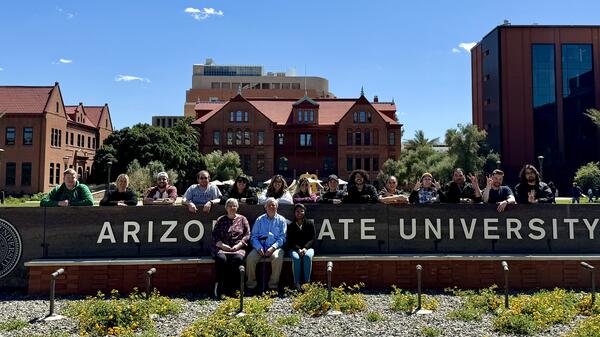
ASU expands hands-on lab opportunities for online biochemistry students
As a New York City autopsy research coordinator, Stephanie McQuillan saw her continued education as a gateway for career advancement. Juggling full-time work in New York, McQuillan thrived in the…
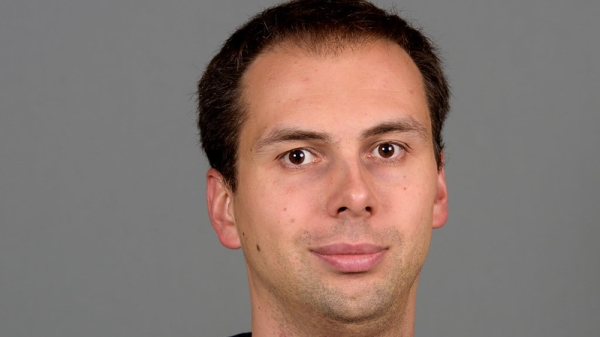
Blueprints of self-assembly: New design technique advances nanotechnology
Many biological structures of impressive beauty and sophistication arise through processes of self-assembly. Indeed, the natural world is teeming with intricate and useful forms that come together…
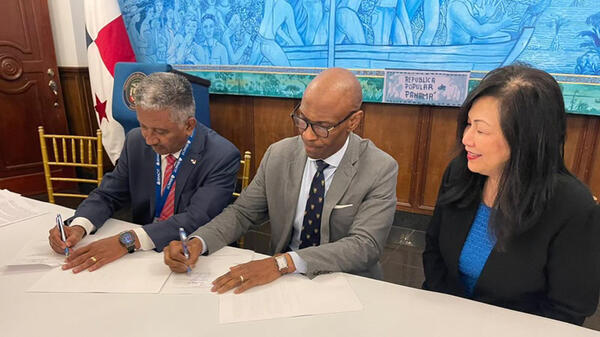
ASU assists Panamanian microelectronics development efforts
Arizona State University continues to expand its efforts to support the development of the semiconductor workforce and supply chain on a global scale. On April 30, Panamanian President Laurentino…
